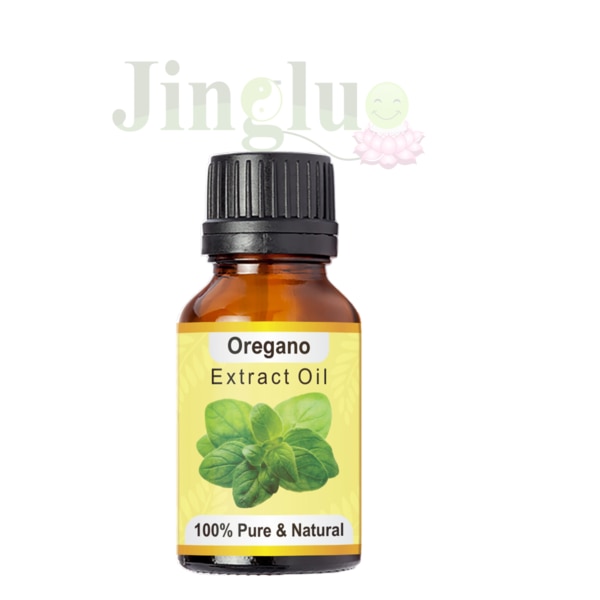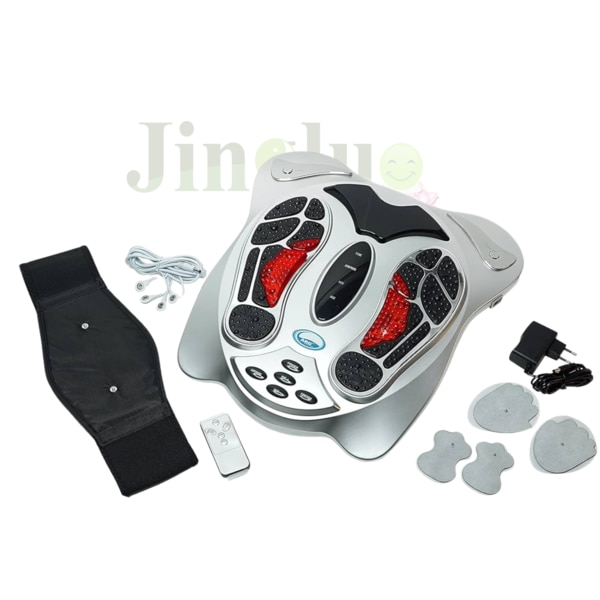Description
Oregano essential oil is derived from the leaves of the Origanum vulgare plant, a member of the mint family. Known for its strong, herbaceous, and spicy aroma, oregano oil is highly valued for its powerful antimicrobial, anti-inflammatory, and antioxidant properties. It has been used for centuries in traditional medicine and is especially popular in natural healing practices. Key Properties Antibacterial: Oregano oil is widely recognized for its potent antibacterial properties, making it effective for fighting infections, especially bacterial ones. Antifungal: It also has strong antifungal qualities, useful for treating conditions like athlete's foot, nail fungus, or other fungal infections. Antiviral: Oregano oil is known for its ability to combat viruses, which makes it beneficial in fighting colds, flu, and other viral infections. Anti-inflammatory: Oregano oil helps reduce inflammation, making it effective for soothing conditions like arthritis or sore muscles. Antioxidant: It contains powerful antioxidants that help protect the body from free radical damage, supporting overall health and longevity. Digestive Support: Oregano oil has been traditionally used to help with digestive issues, such as indigestion, bloating, and irritable bowel syndrome (IBS). Common Uses For Immune Support: Oregano oil is often used to support the immune system, particularly in the fight against infections like colds, flu, and respiratory illnesses. It can be used in a diffuser, applied topically (diluted), or taken internally (with caution and under guidance) to help strengthen immunity and combat viruses and bacteria. For Skin Conditions: Due to its antibacterial and antifungal properties, oregano oil can be used to treat acne, fungal infections (such as athlete's foot or ringworm), and even dandruff. Diluted oregano oil can be applied directly to areas of infection or inflammation to promote healing and reduce symptoms. For Respiratory Health: Oregano oil can help alleviate symptoms of respiratory infections such as colds, coughs, or bronchitis. Its antiviral and antibacterial properties help clear congestion and ease breathing. It can be used in steam inhalations or diffused in the air to relieve sinus issues and promote easier breathing. For Digestive Health: Oregano oil can help improve digestion by stimulating the production of digestive enzymes. It can be used to relieve bloating, indigestion, and symptoms of IBS. It also supports gut health by fighting harmful bacteria and promoting a balanced microbiome. For Pain Relief: Oregano oil has anti-inflammatory properties, which make it effective for reducing pain and inflammation, especially in conditions like arthritis, muscle aches, or joint pain. Diluted oregano oil can be massaged into sore muscles or joints for pain relief. How to Use Topical Application: Always dilute oregano essential oil with a carrier oil (such as coconut, jojoba, or olive oil) before applying it to the skin, as it is very potent and can cause irritation. It can be applied to acne, fungal infections, or sore muscles. Aromatic Use: Diffuse oregano oil in the air to purify the environment, fight airborne pathogens, and support respiratory health. Internal Use: Oregano oil can be used internally (in very small amounts, diluted in water or a capsule) to support immune health, digestive function, and fight infections. However, it should only be used internally under the guidance of a healthcare provider, as it is a very potent oil. Steam Inhalation: Add a few drops of oregano oil to hot water and inhale the steam to help clear nasal congestion or treat respiratory infections. Massage: Mix oregano oil with a carrier oil and massage it into the skin to relieve pain and inflammation in muscles or joints. Precautions Dilution: Oregano essential oil is very potent, so always dilute it with a carrier oil before applying to the skin. A concentration of 1-2% (1–2 drops of oregano oil in a tablespoon of carrier oil) is recommended for most topical uses. Pregnancy and Medical Conditions: Oregano oil is not recommended for use during pregnancy or breastfeeding, as it may cause adverse effects. Always consult with a healthcare provider before using it if you have any underlying medical conditions or are on medication. Sensitive Skin: Due to its potency, oregano oil may cause skin irritation, so it's important to do a patch test before using it extensively. Not for Long-Term Use: Oregano oil is very strong and should not be used for extended periods. It is best used in short bursts for acute issues, and you should take breaks between uses. Avoid Eyes and Mucous Membranes: Oregano oil should not be applied near the eyes or on mucous membranes, as it can cause severe irritation.






